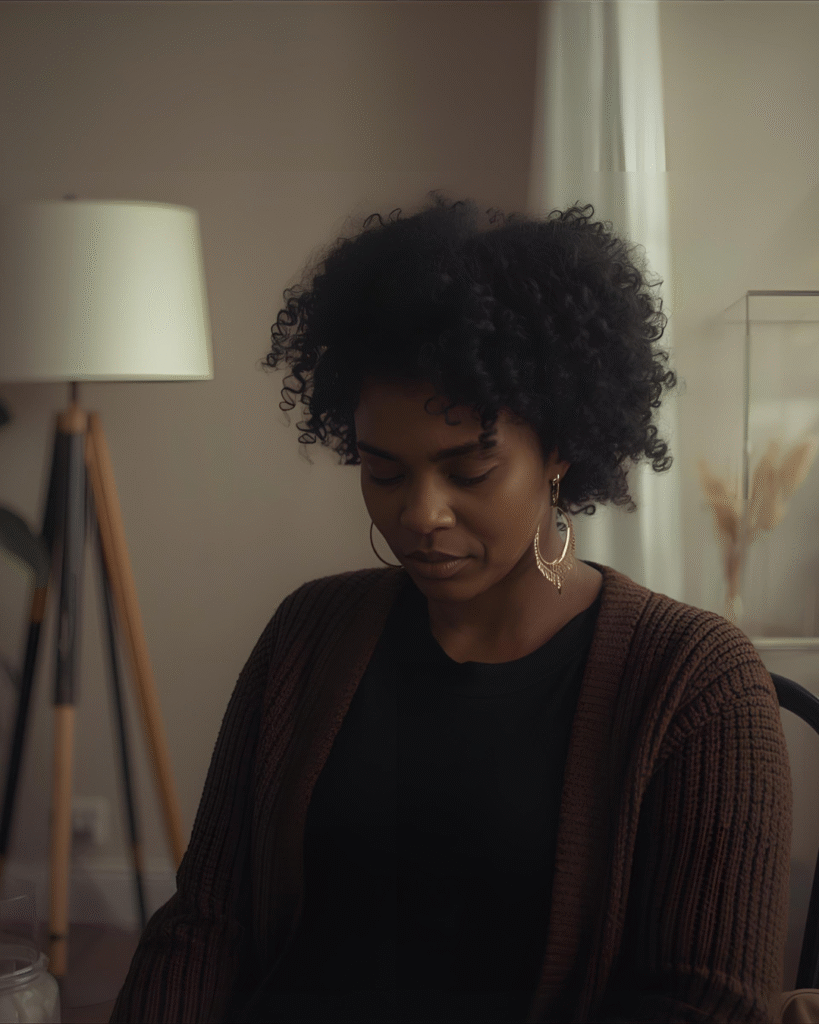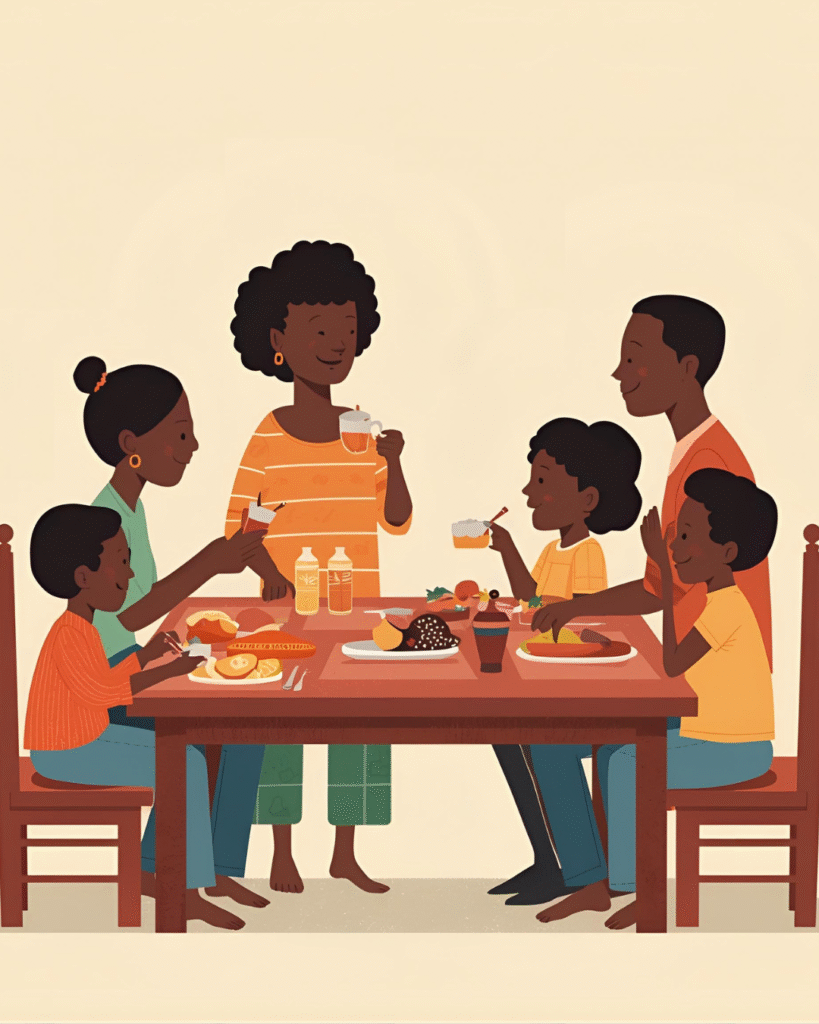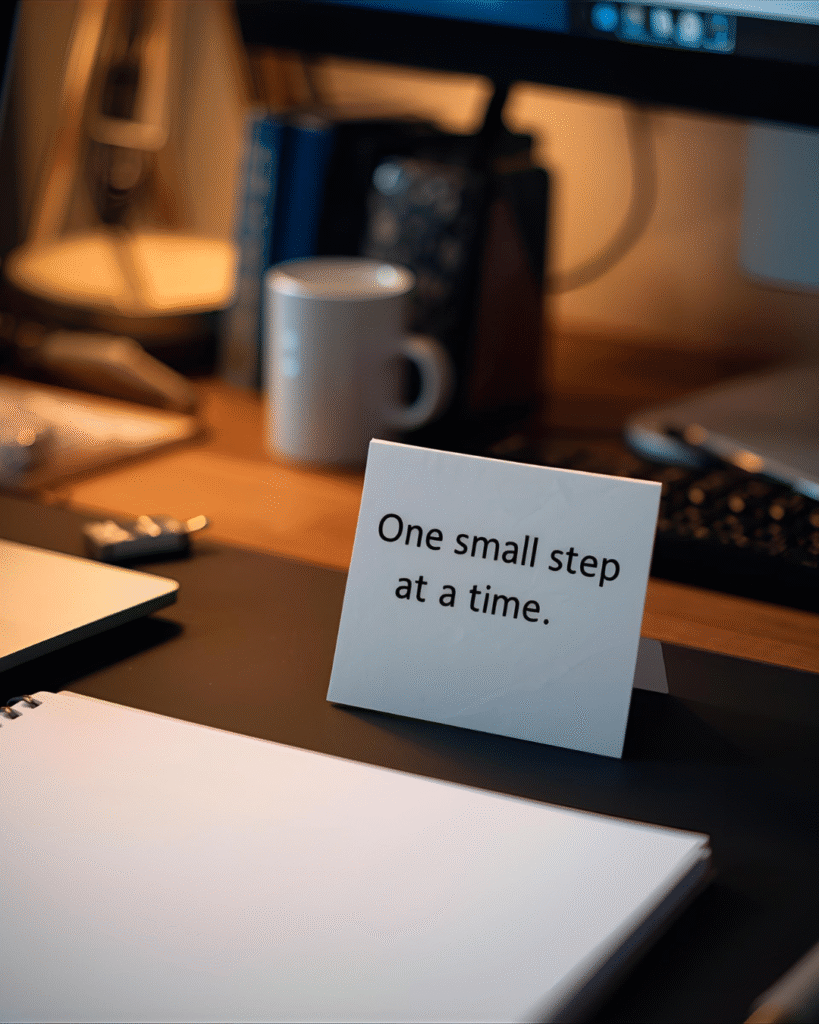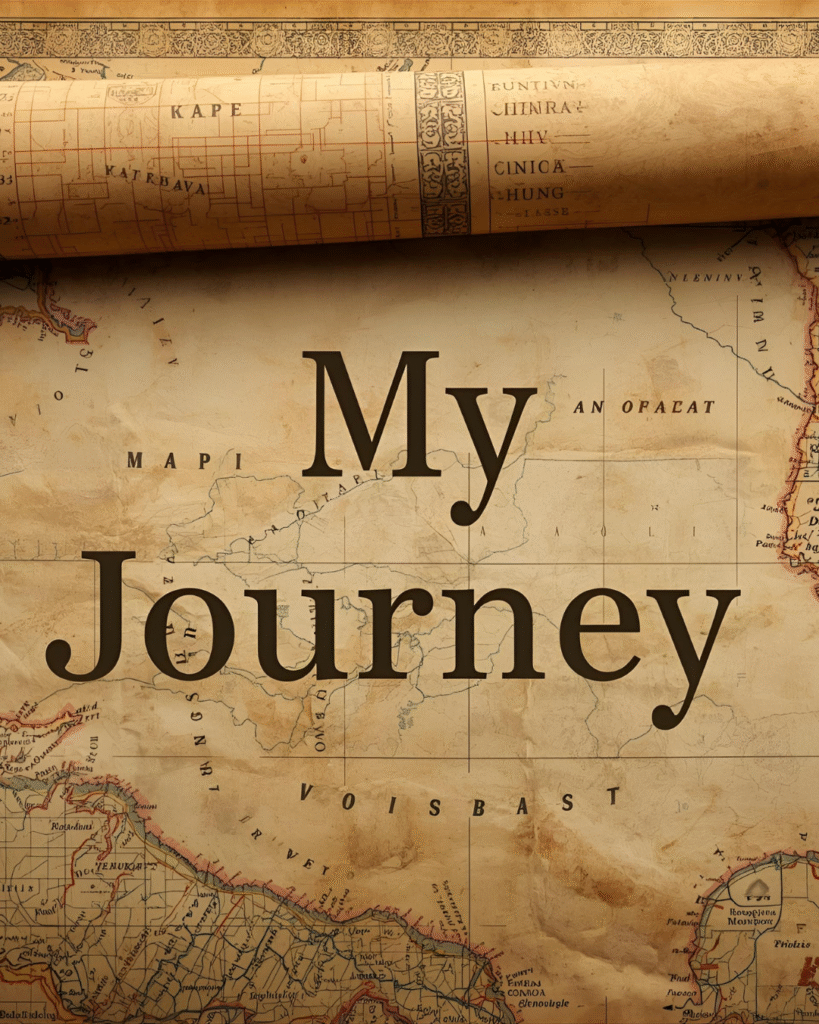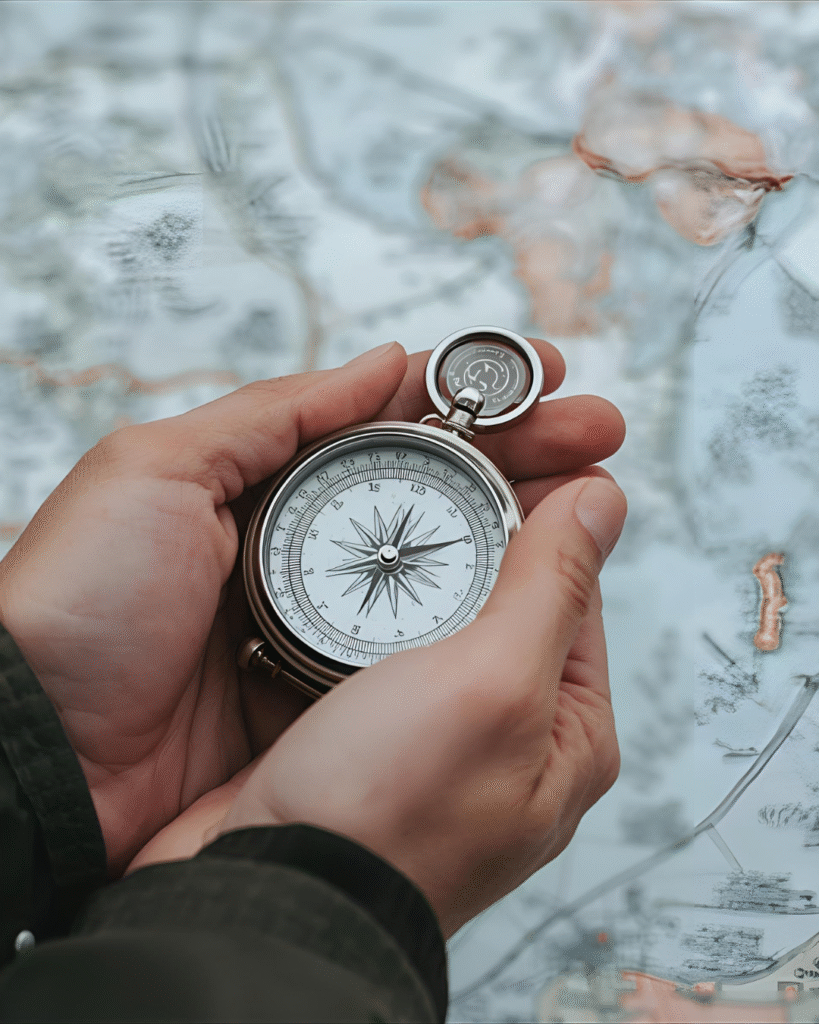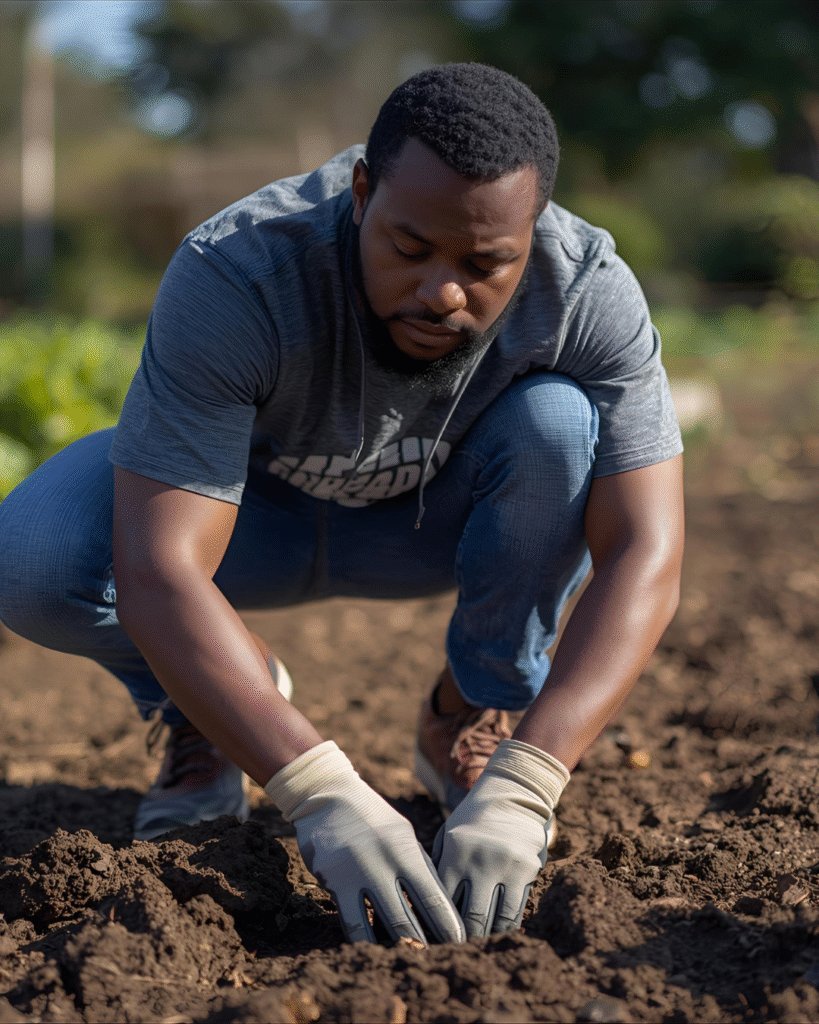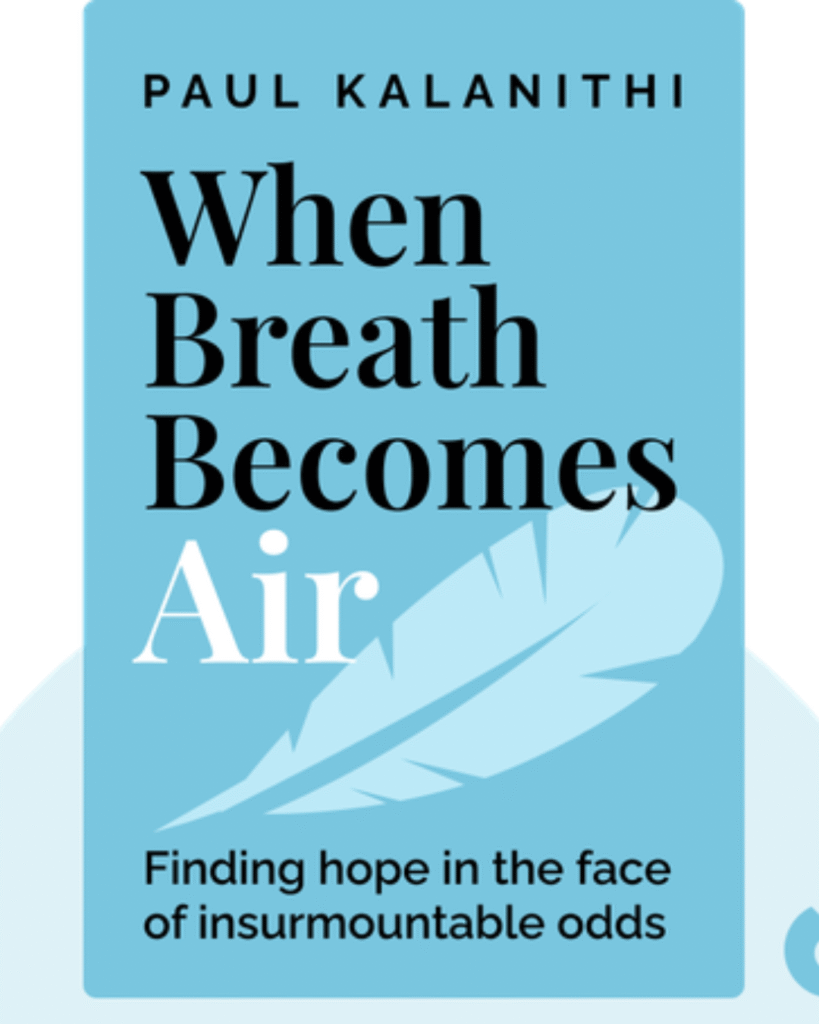When Silence Feels Uncomfortable: Finding Peace Within
When was the last time you sat by yourself—no phone, no music, no distractions? Just you and your thoughts. Lately, I’ve been doing a lot of soul-searching and realizing how rarely I spend time alone with myself. There’s always something buzzing in the background—music, conversations, notifications, or my children needing my attention. The noise […]
When Silence Feels Uncomfortable: Finding Peace Within Read More »

